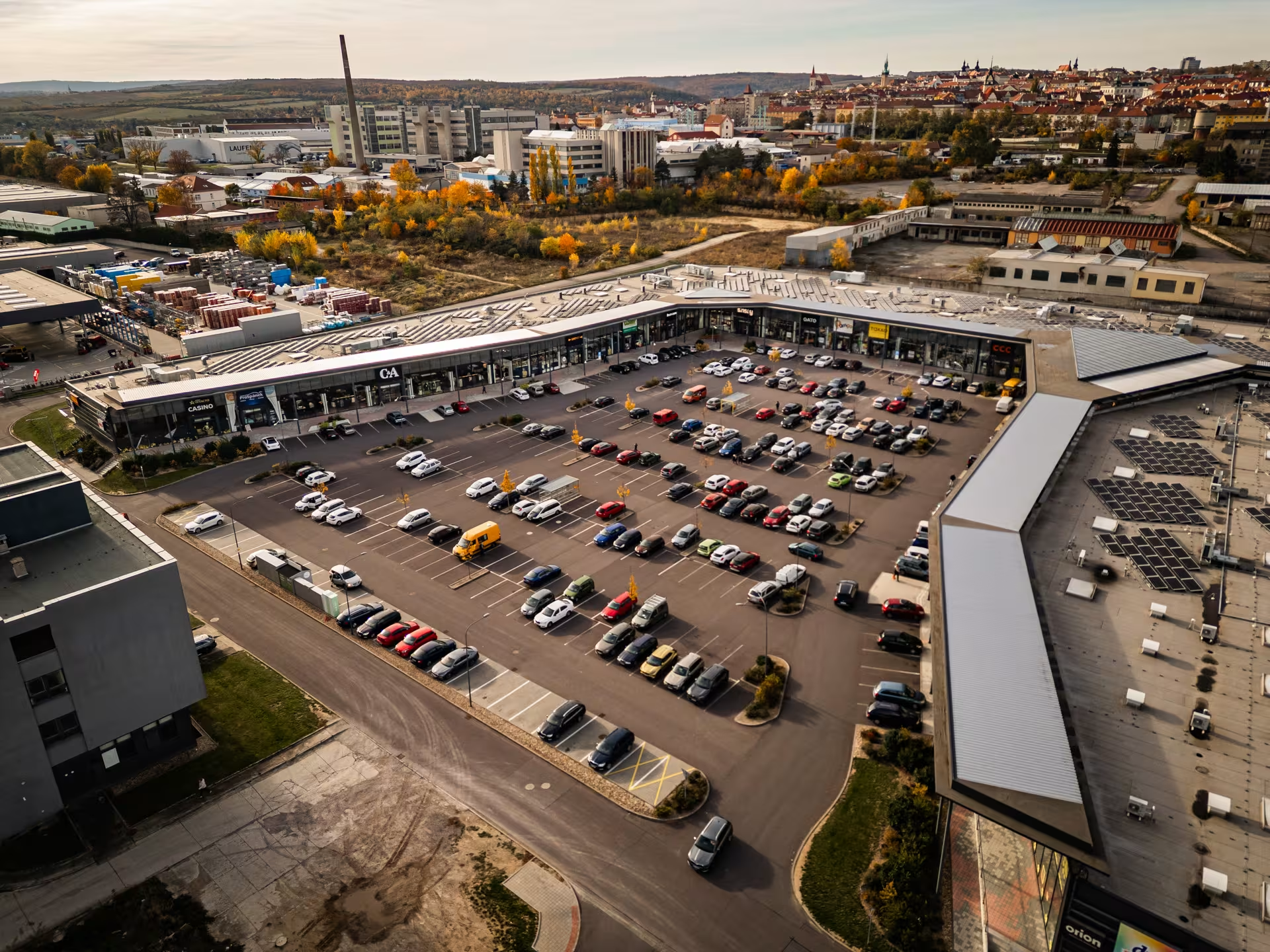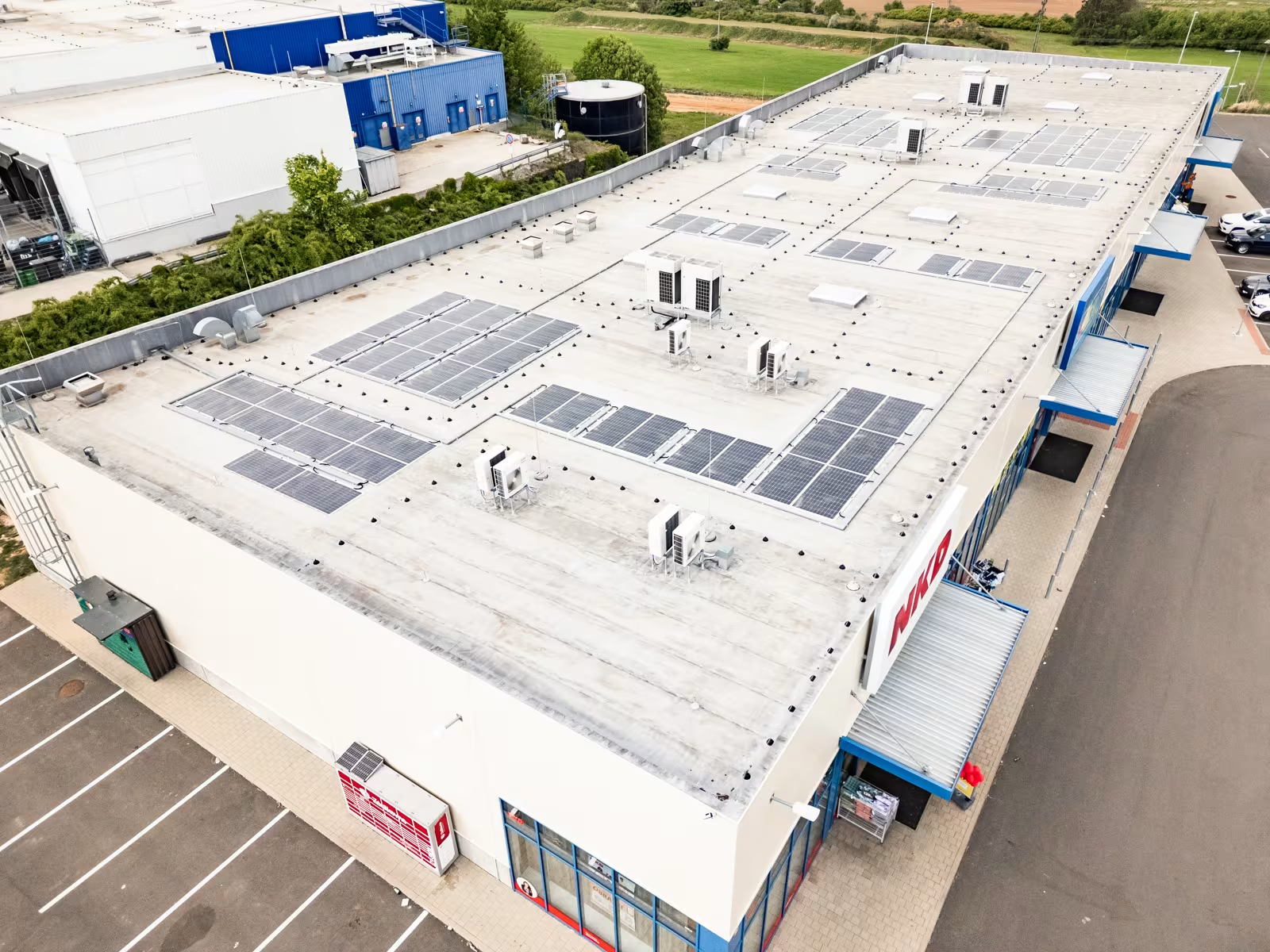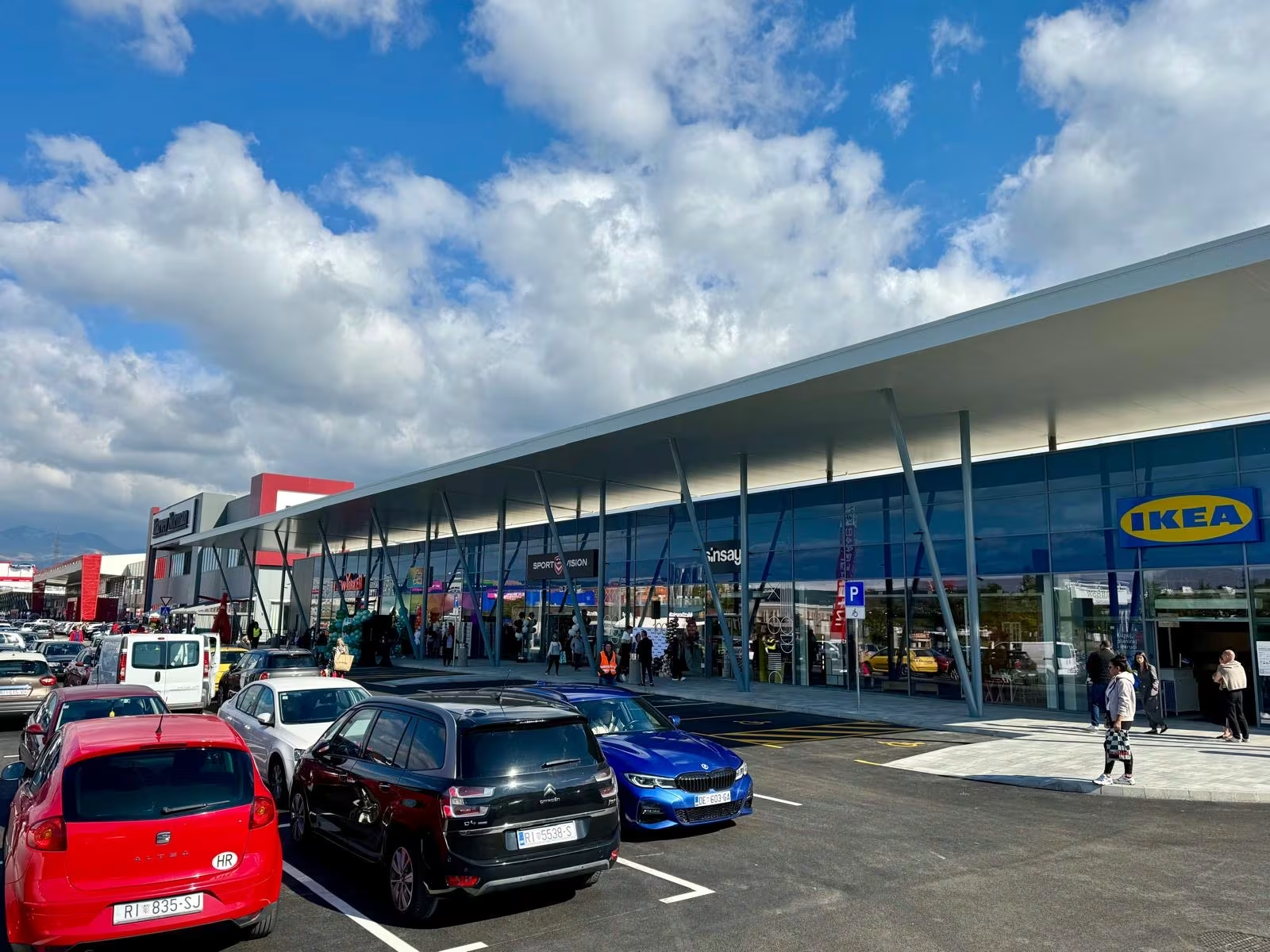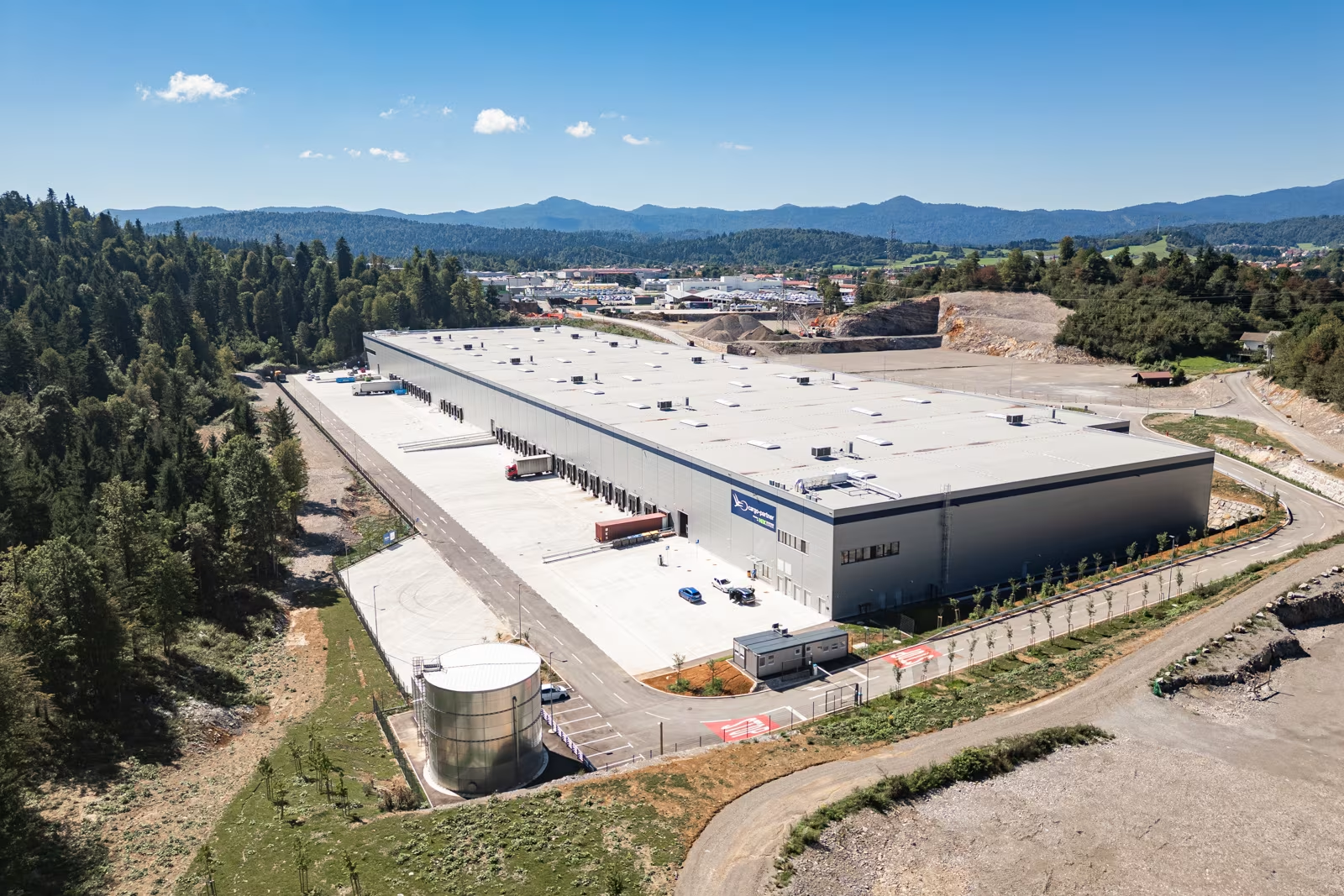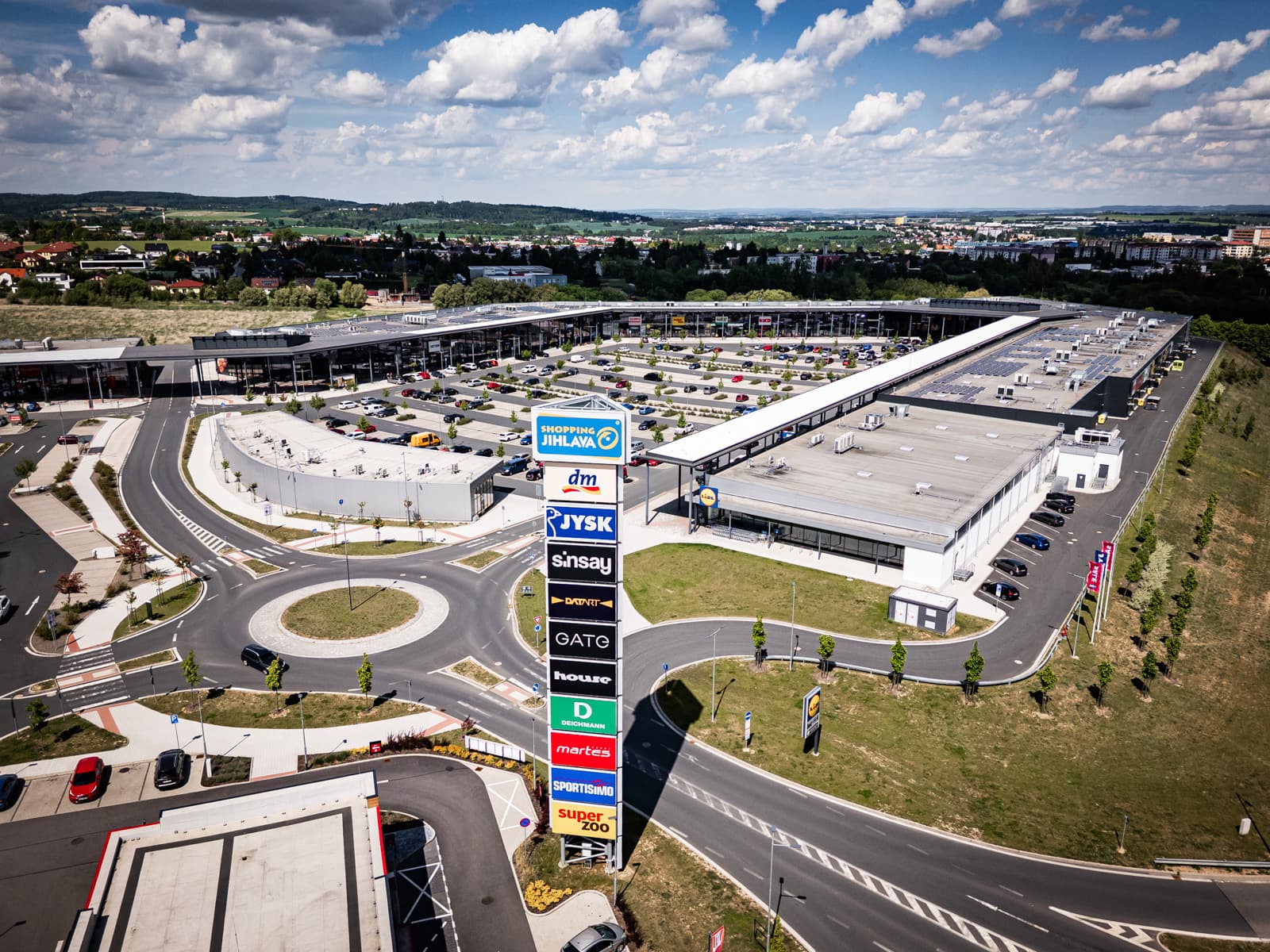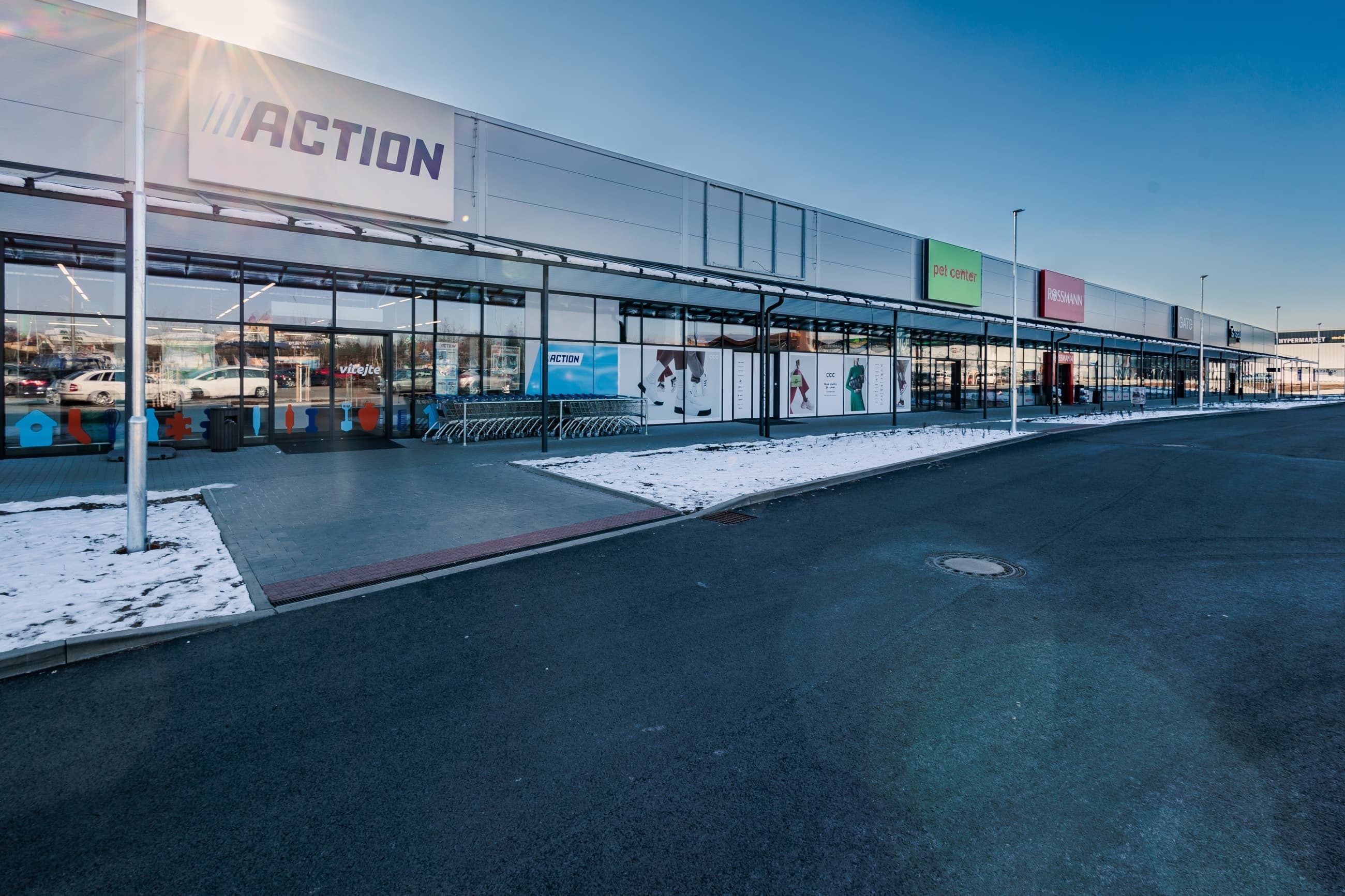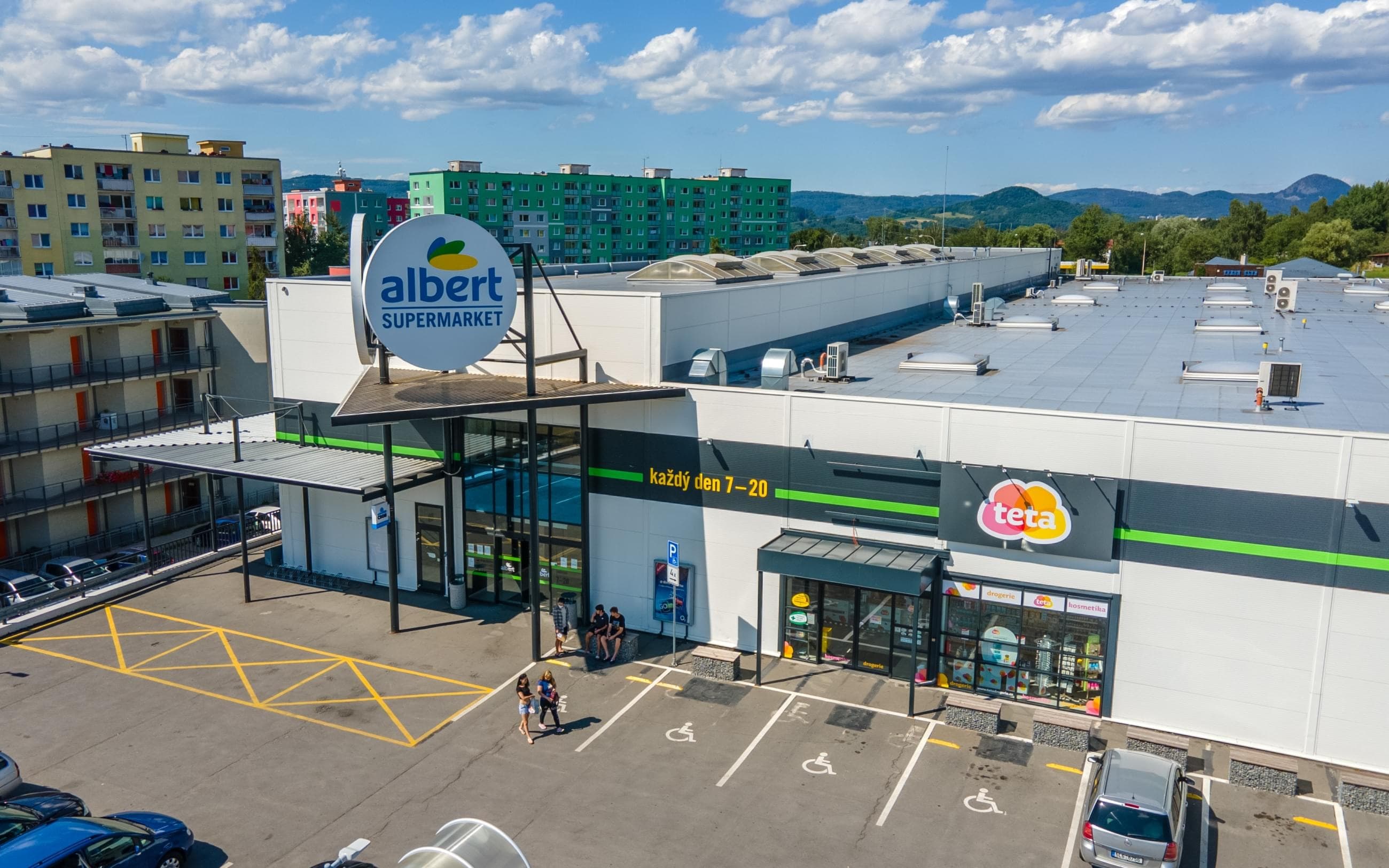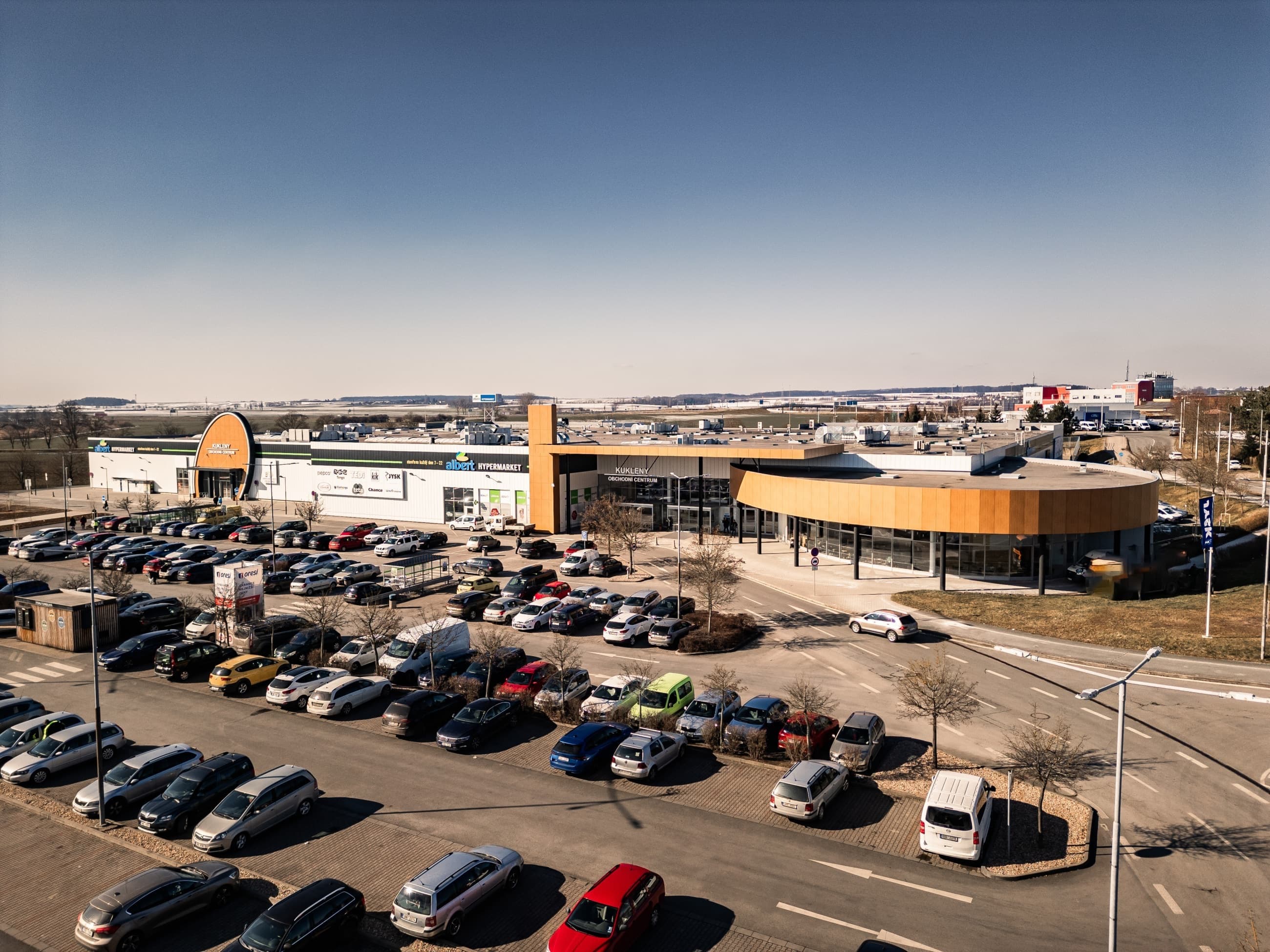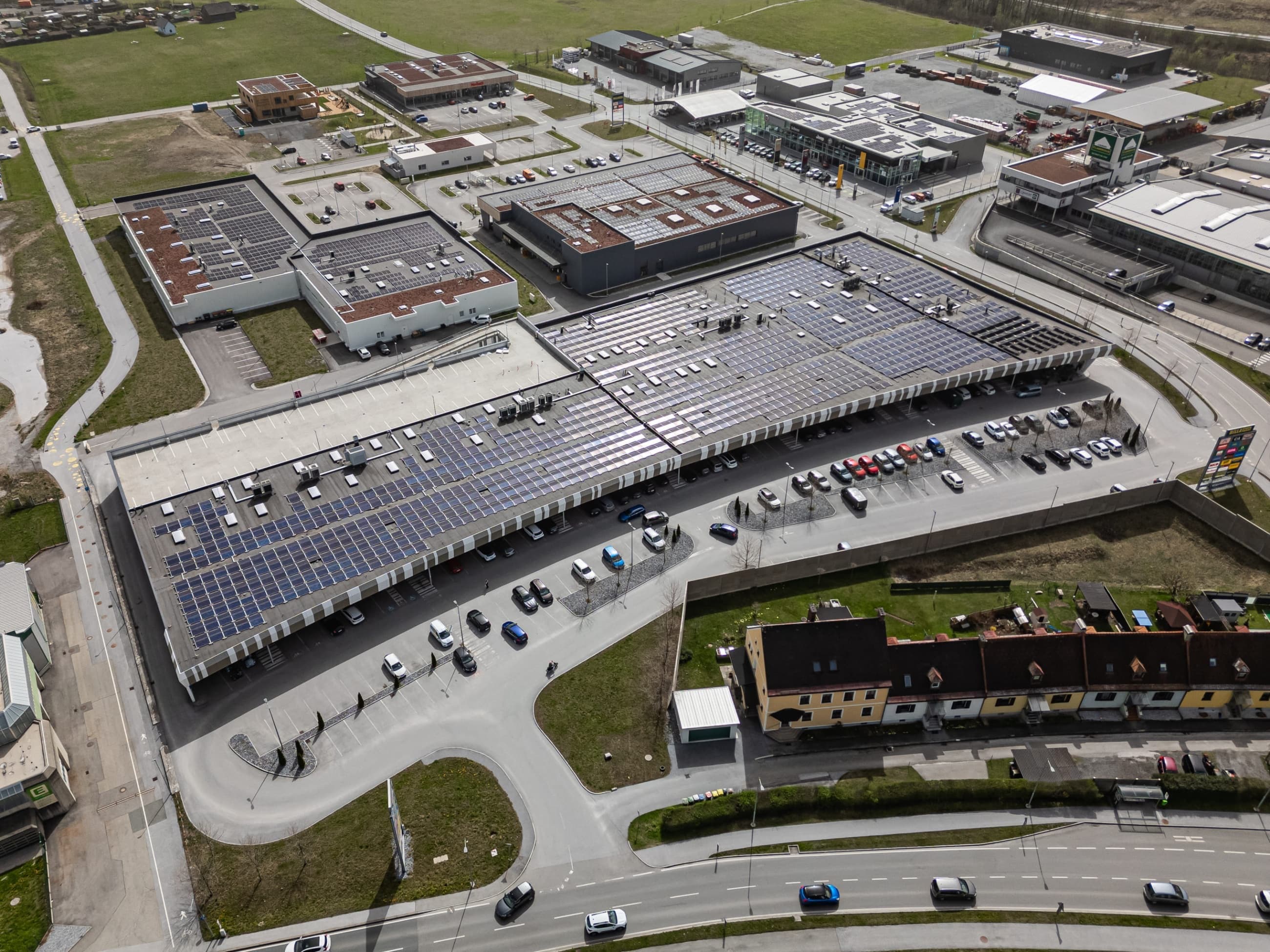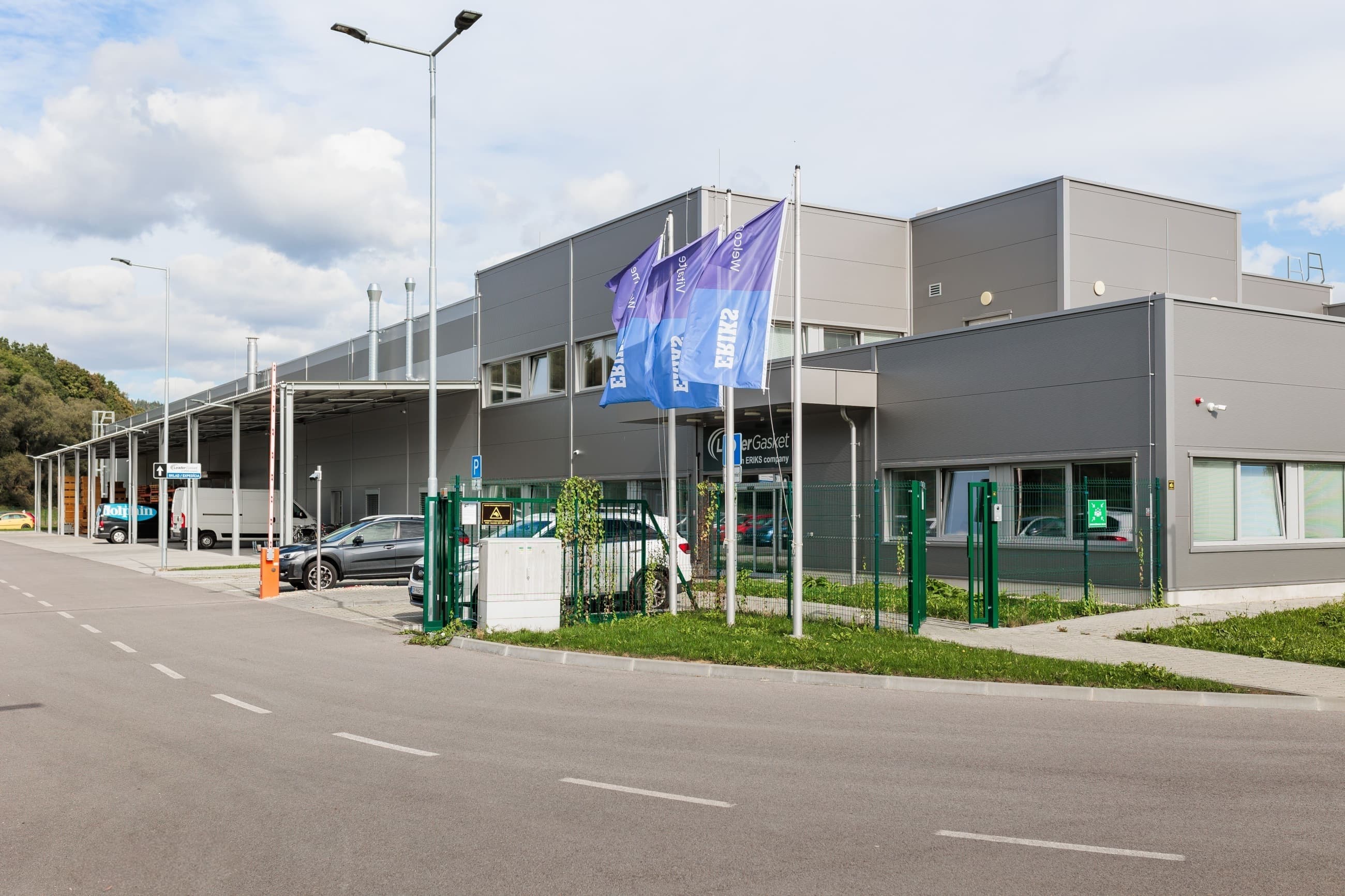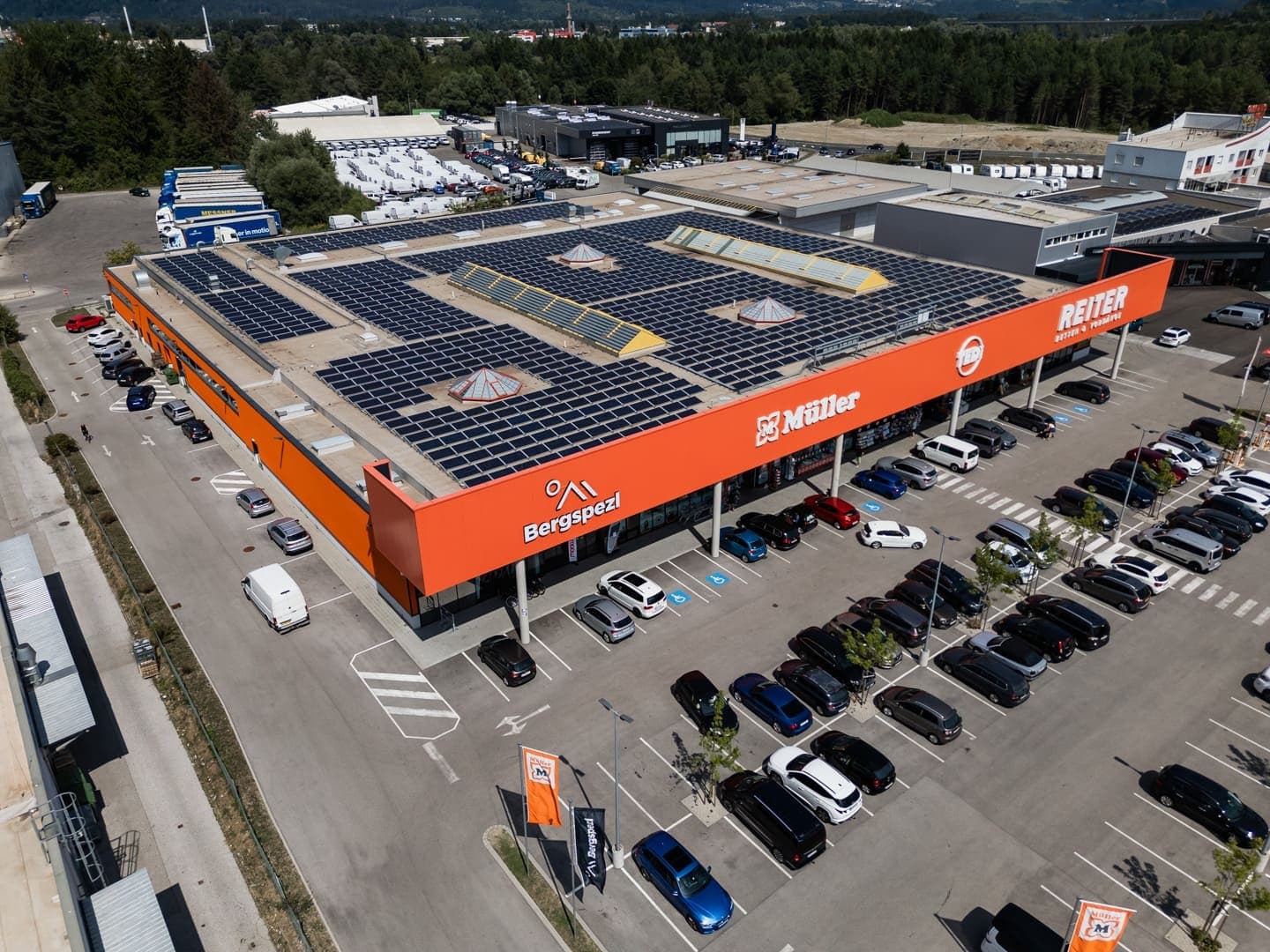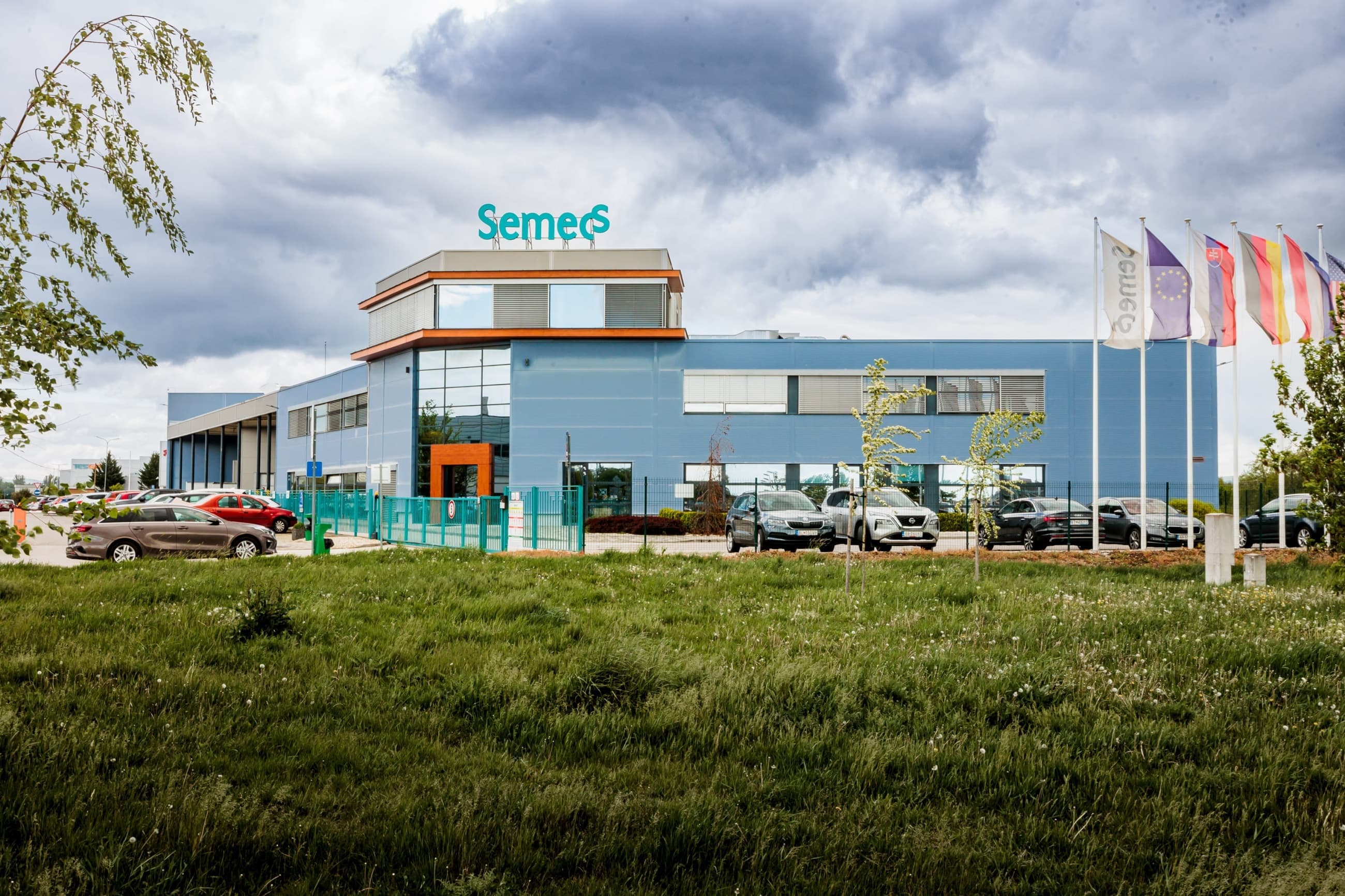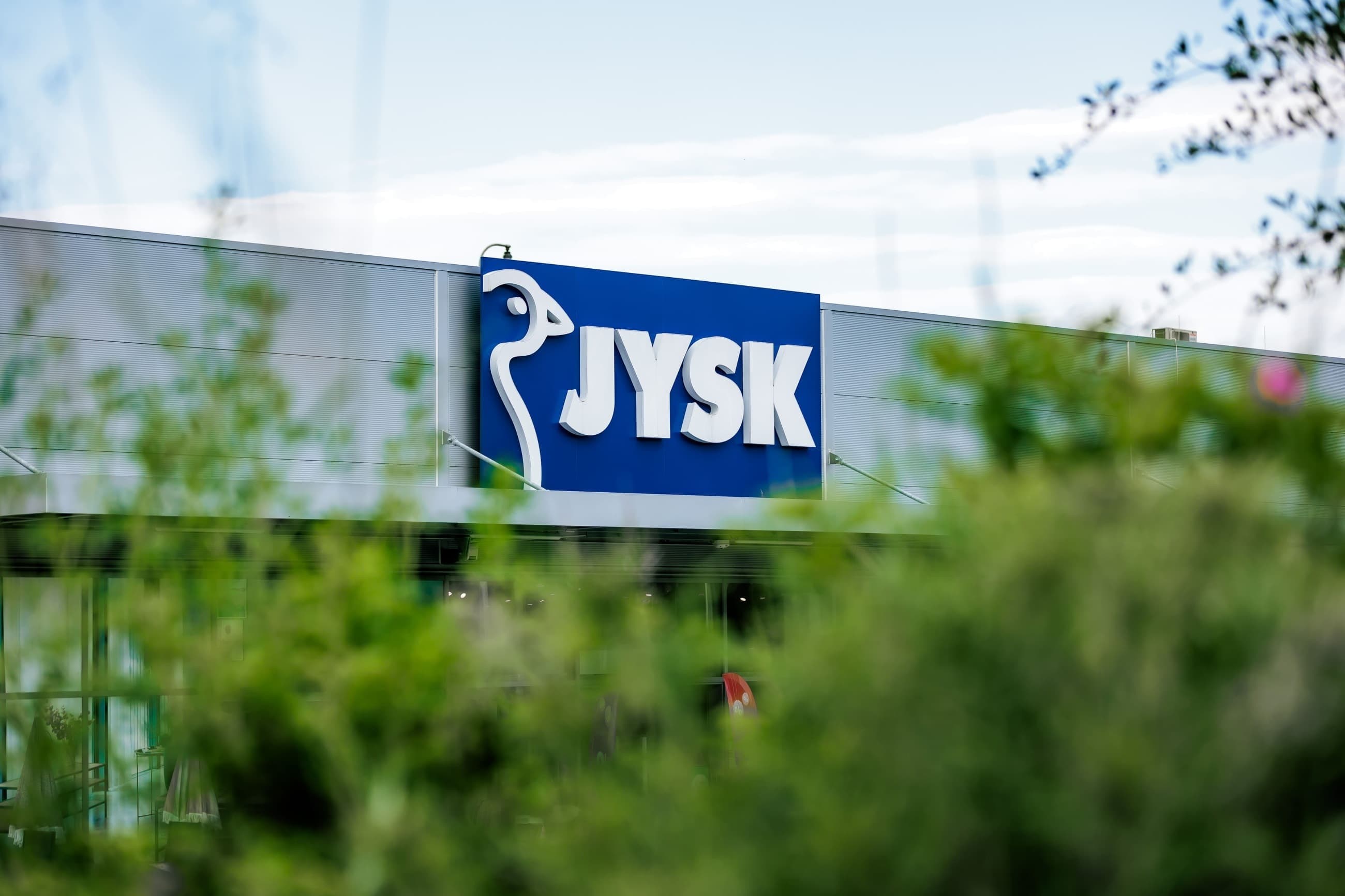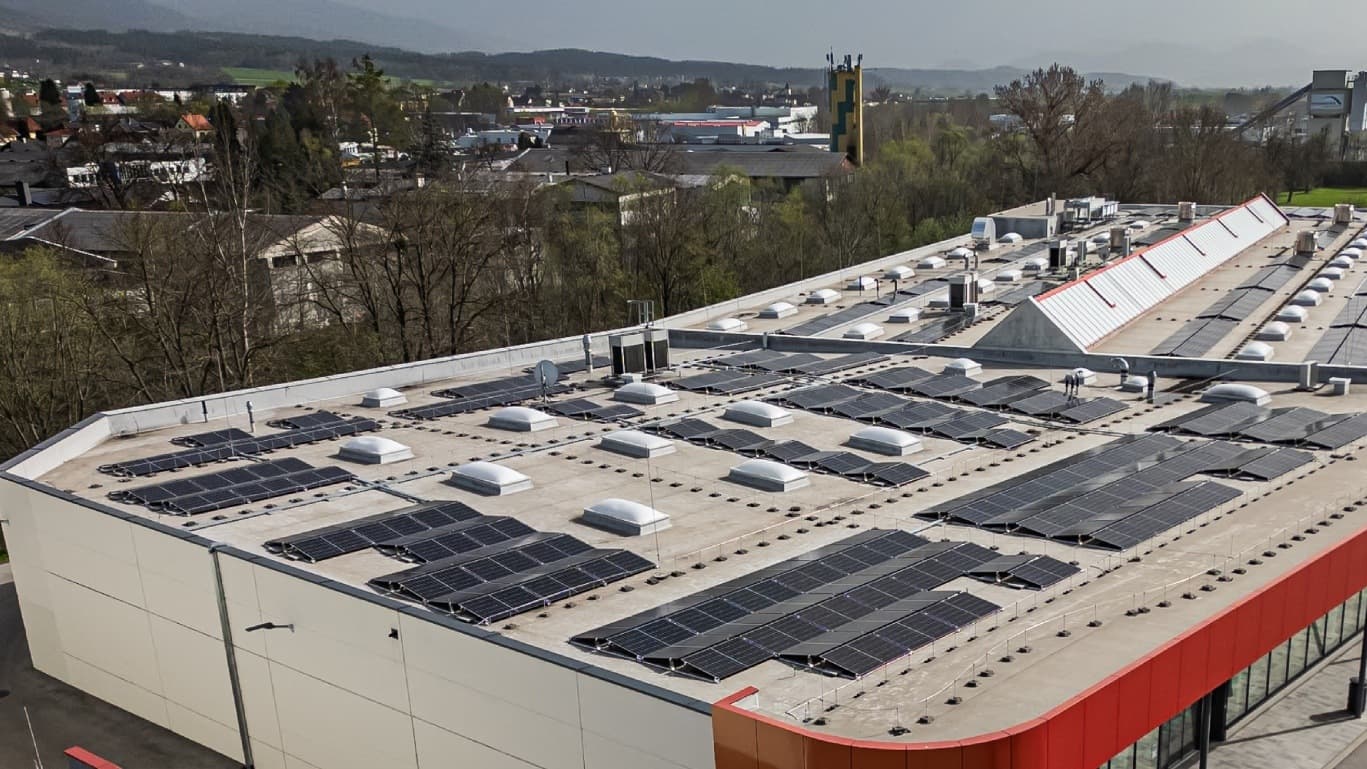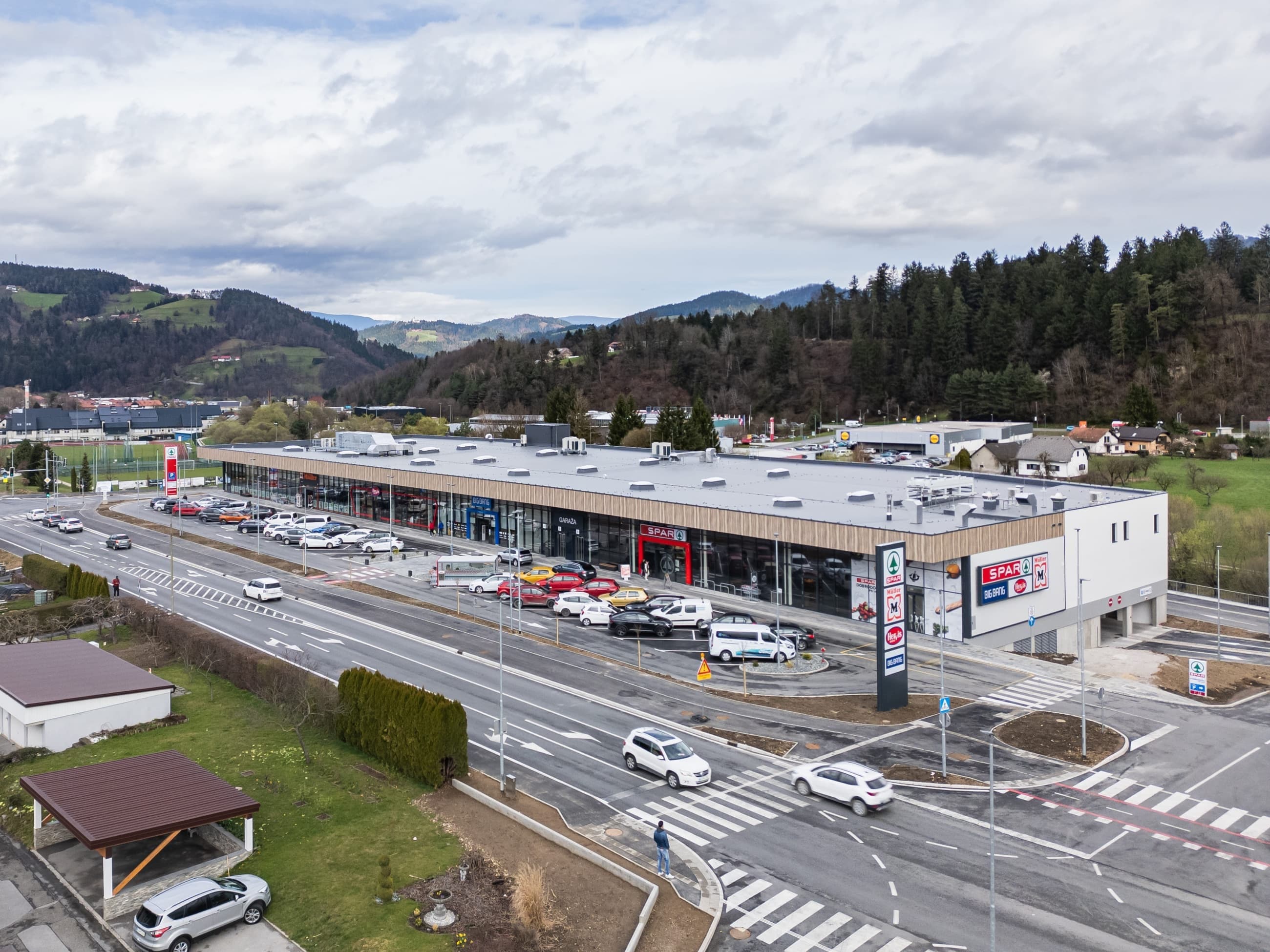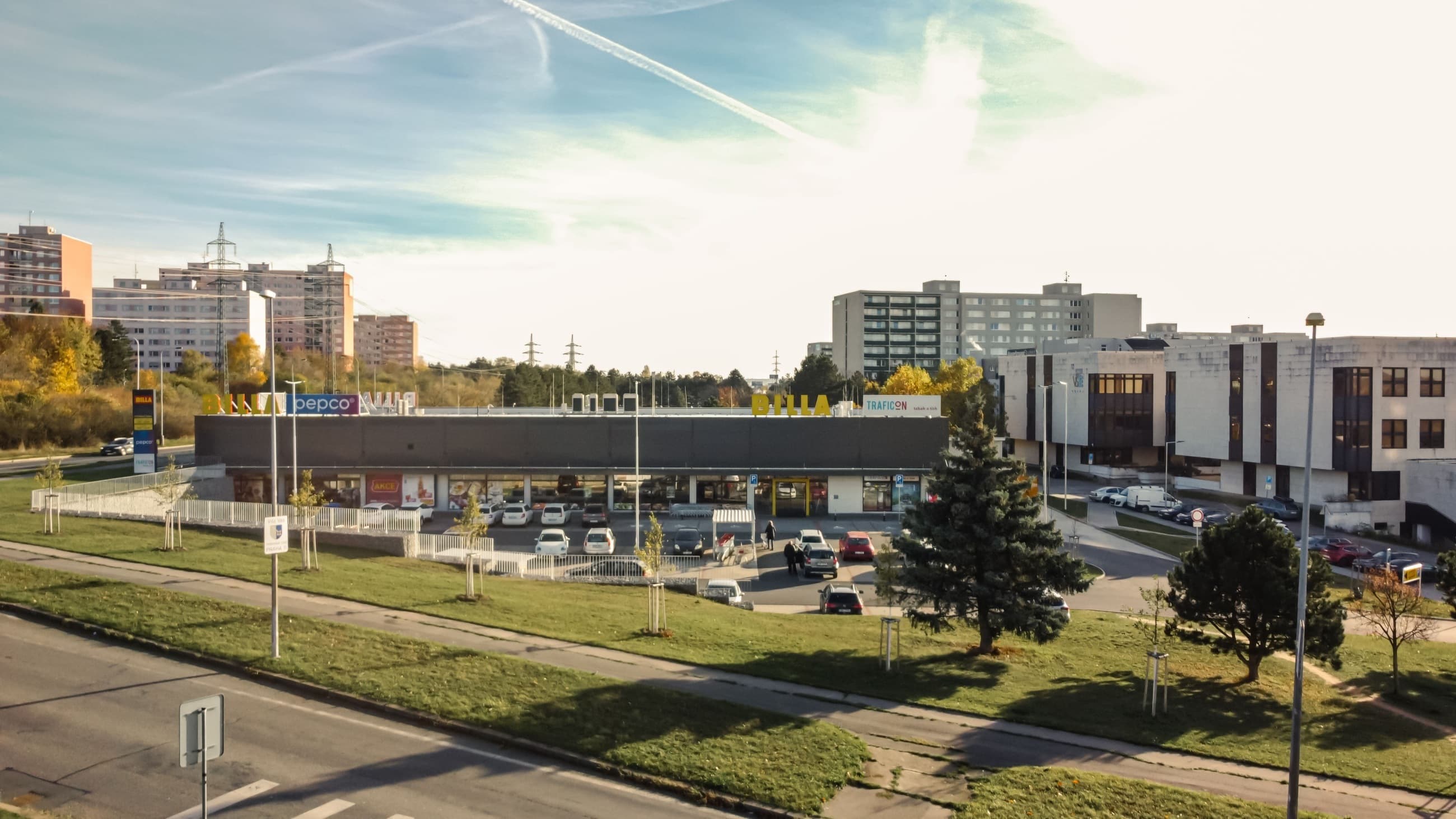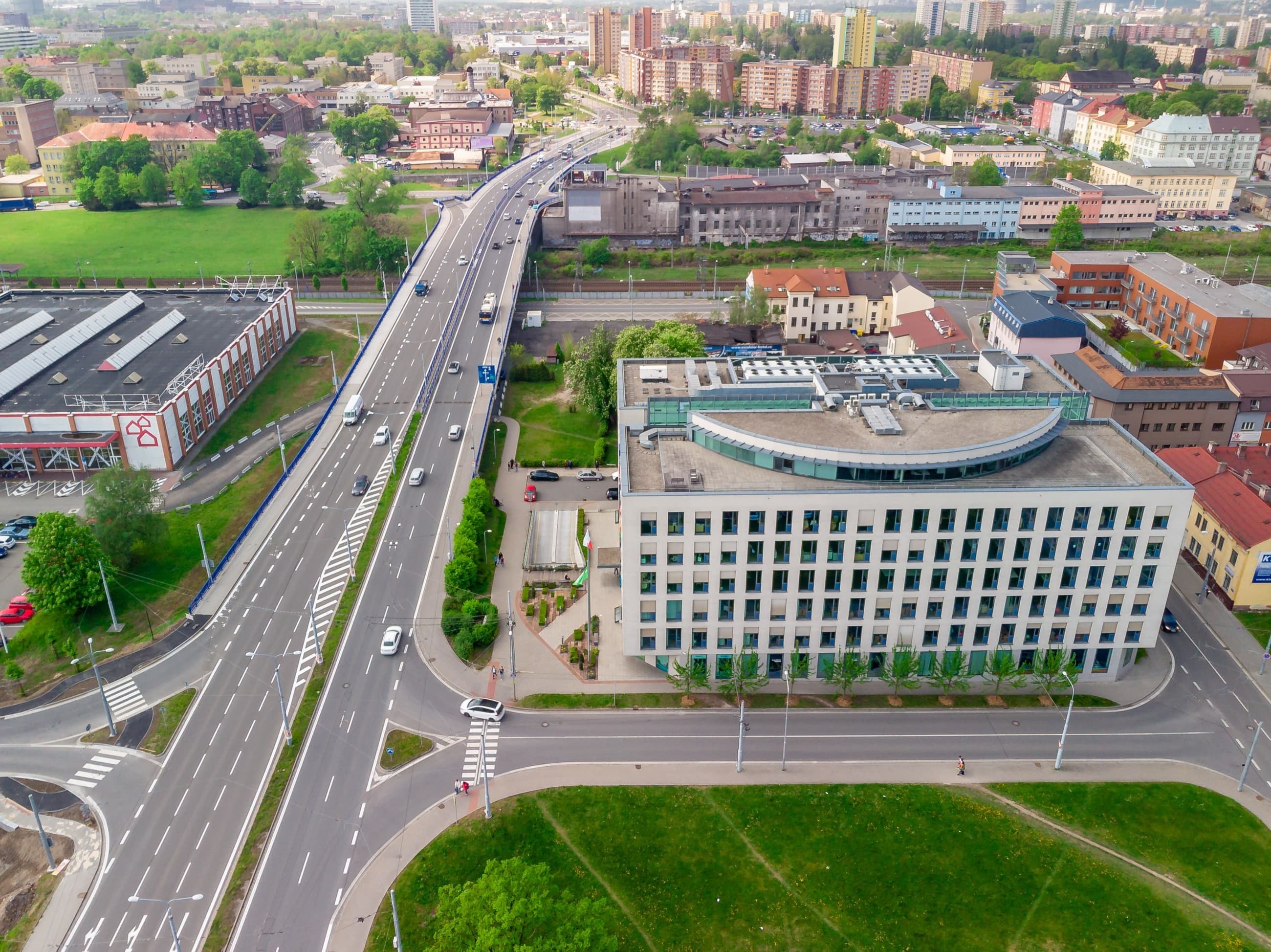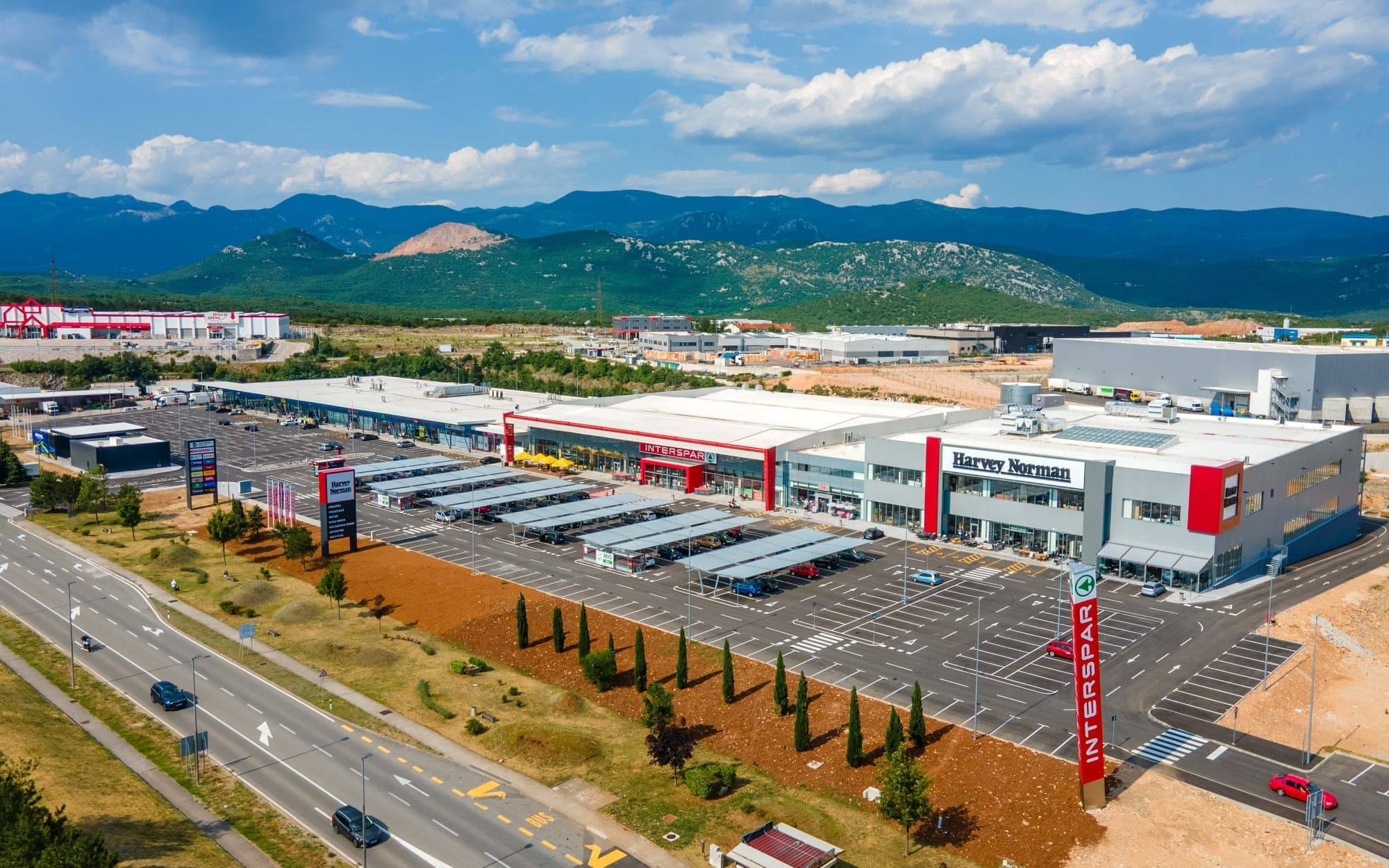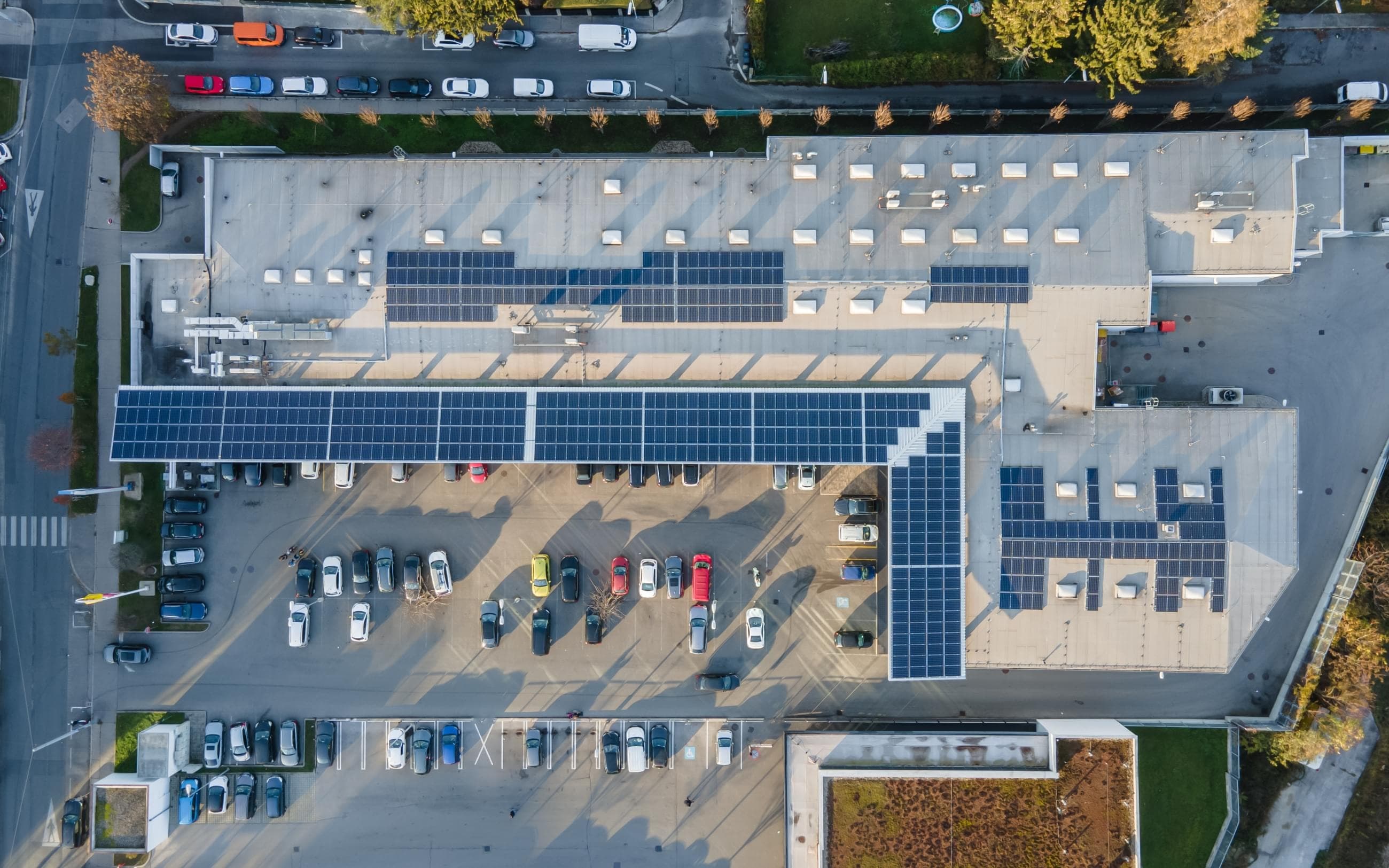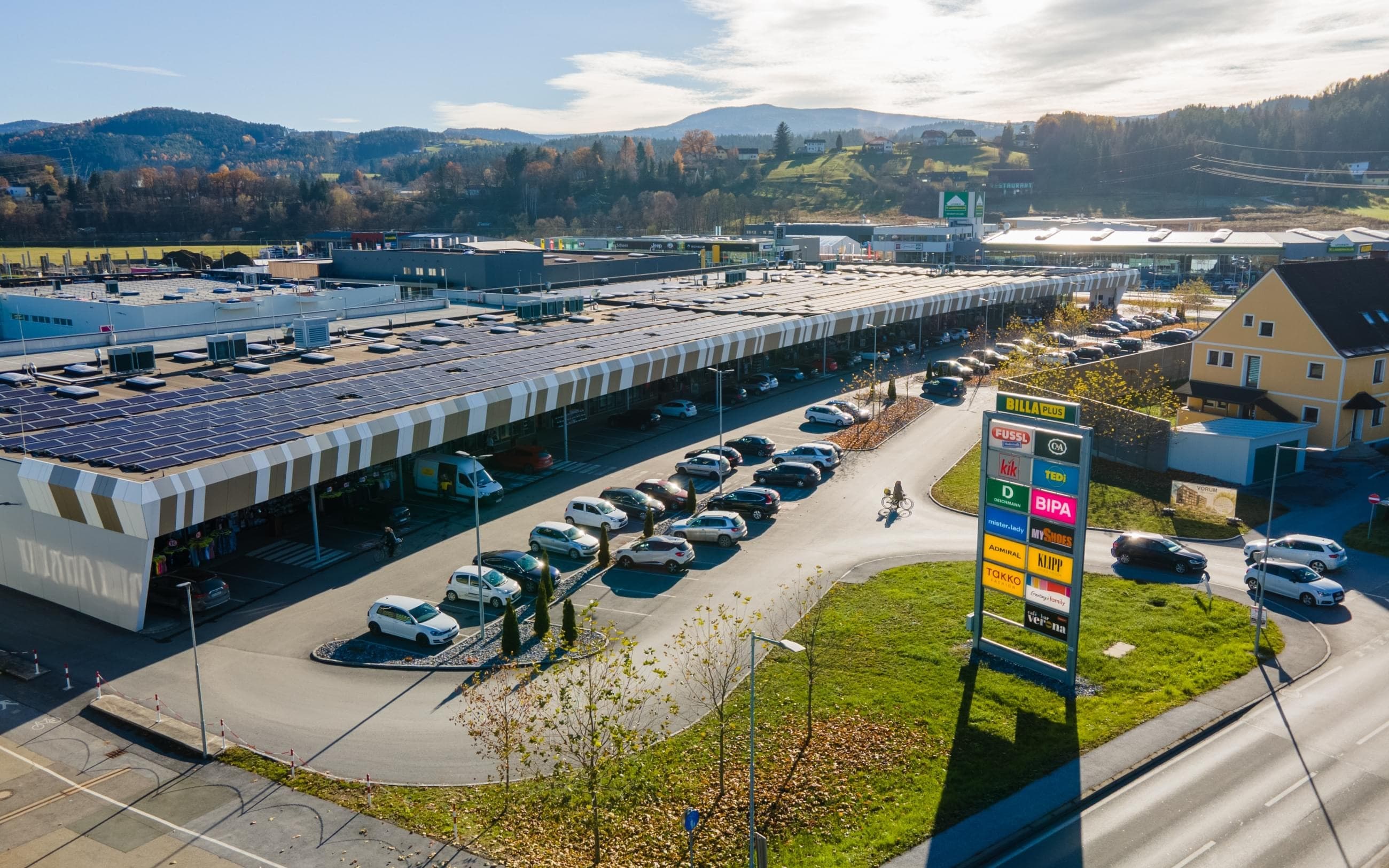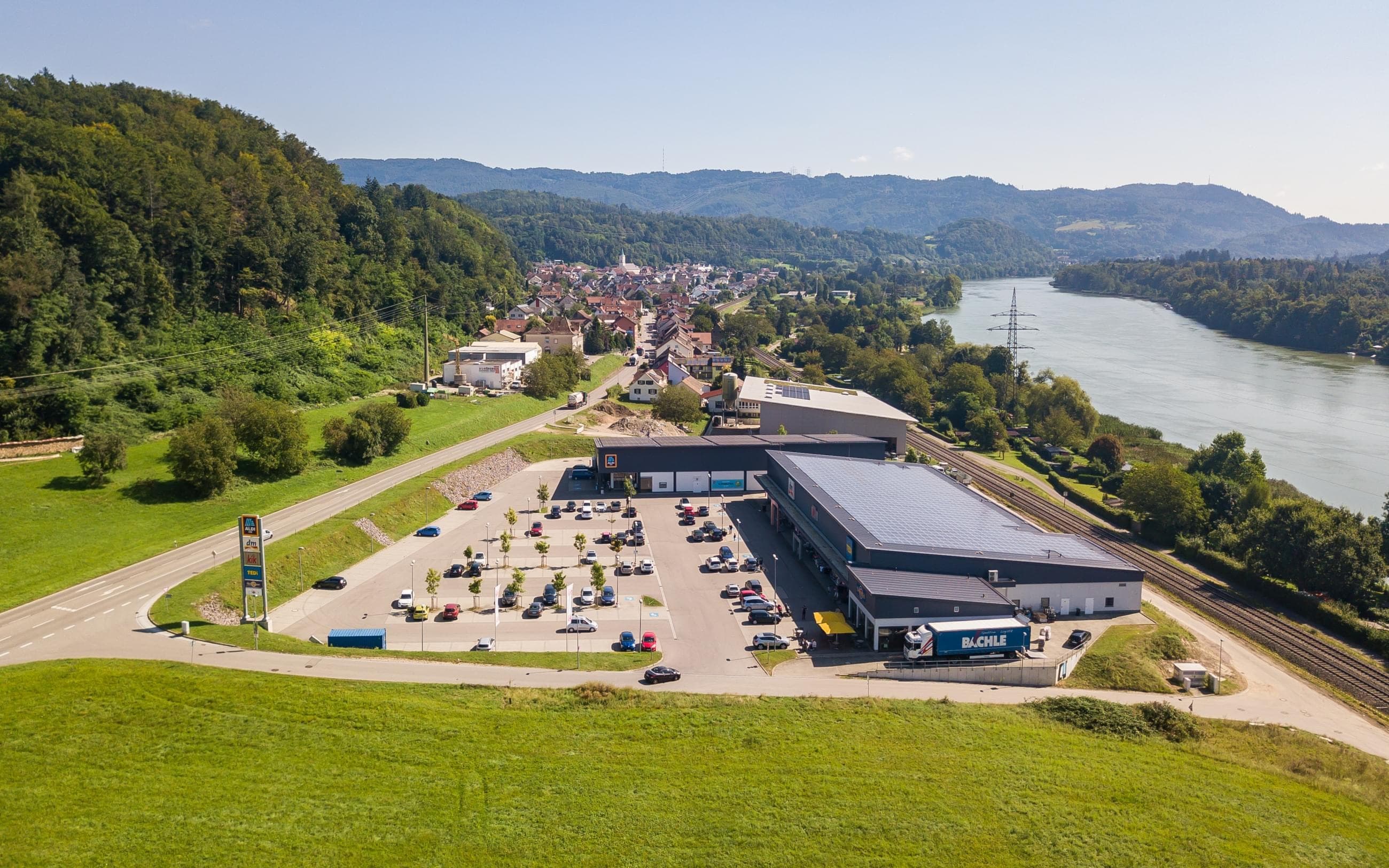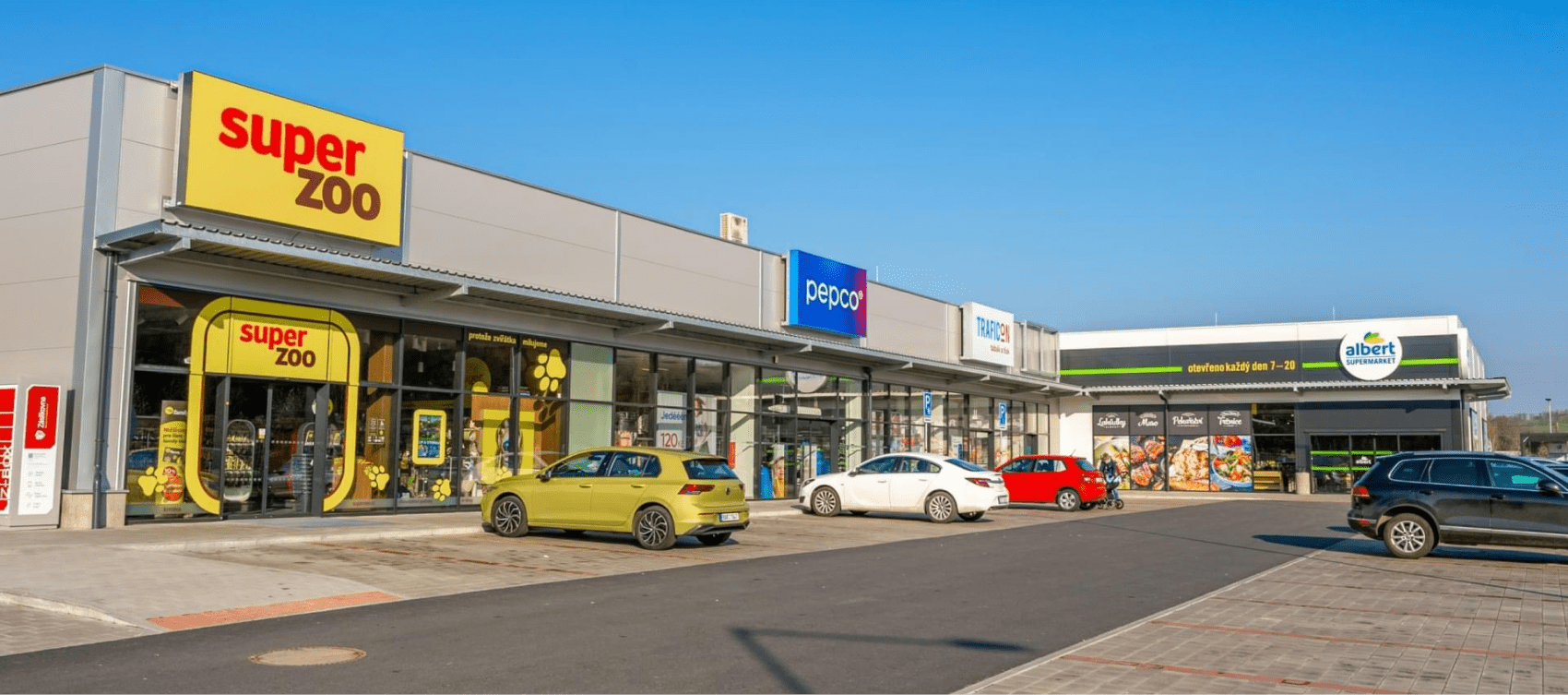Investing in
a better future
Sustainable business and investing are our top priority. We do not limit ourselves to protecting the environment – our approach is comprehensive. Under ESG criteria, we focus on assessing environmental, social, and governance impacts. Our strategy also includes close cooperation with tenants, transparent information sharing, and regular reporting. By measuring, evaluating, and improving the impacts of our activities on the environment we live in, we help create a sustainable economy and society.
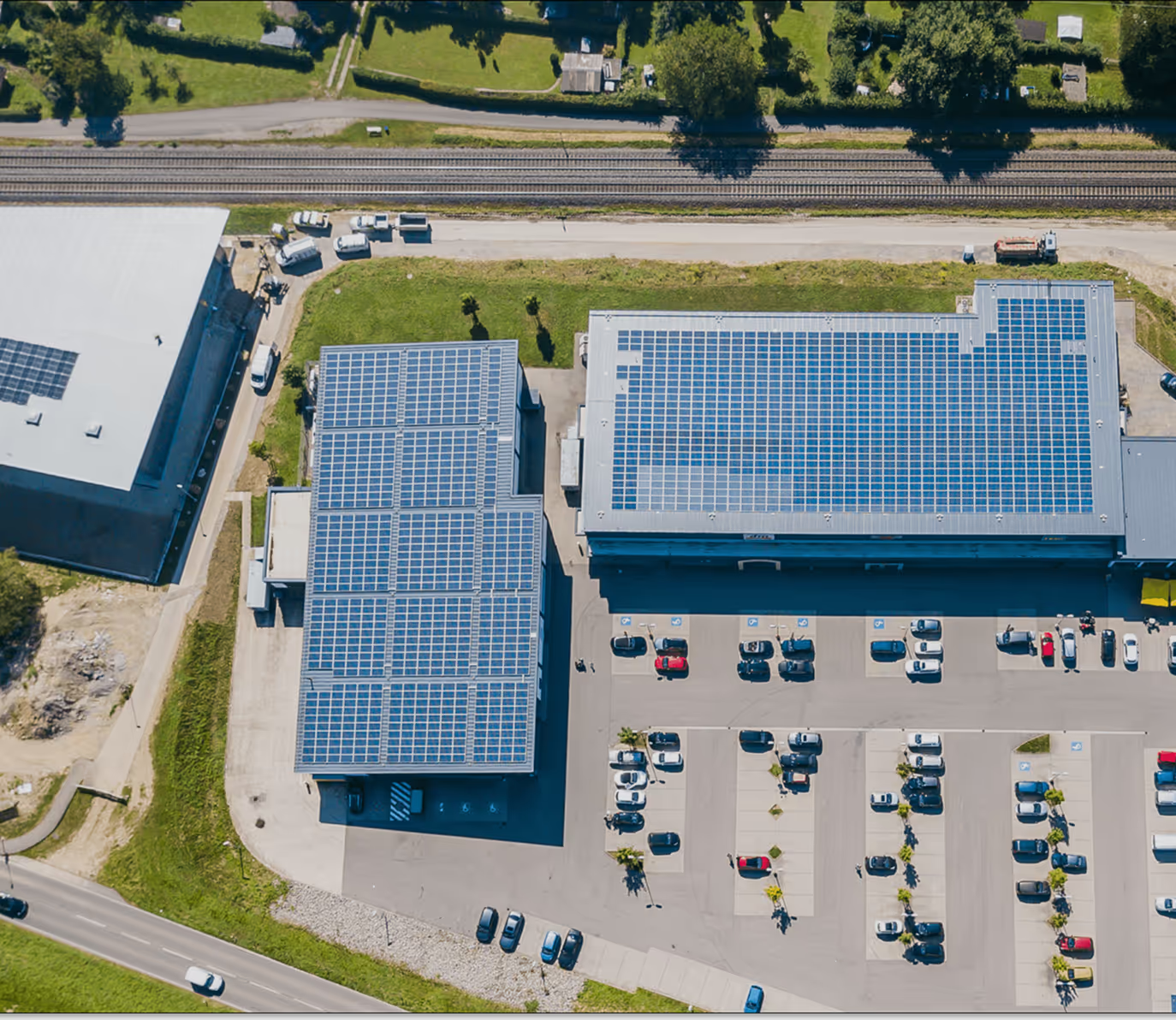
What ESG means and our approach
The acronym ESG (Environment, Social, Governance) is an internationally recognized term used to assess and compare corporate social responsibility. In addition to generating profits, companies also take into account the impact of their activities on the surrounding environment. According to ESG criteria, companies should meet defined standards in environmental protection, social relations, and corporate governance. Investors often use these criteria to evaluate the long-term sustainability and risk profile of their investments.
For us, one of the main priorities is the sustainable operation of properties. Buildings account for 28% of global CO₂ emissions, primarily from energy consumption for heating, hot water, and electricity use. We want to apply ESG principles to reduce operating costs and increase the attractiveness of our properties for tenants and investors.
When developing our Sustainability Strategy, we considered the interests of all stakeholders – investors, banks, employees, and our tenants. We also included future legislative requirements. Based on our analyses, we have defined our priorities across all three pillars.
ESG pillars
Pillar 1
Environment
We operate sustainable buildings
Our aim is to operate sustainable buildings with minimal energy and water consumption – properties that are a key part of sustainable urban development and contribute to the fight against climate change.
Pillar 2
Social
People matter to us
As responsible investors, we strive for solutions that enhance the long-term value of our assets. To achieve our goals, we are committed to actively and effectively engaging those affected by our investments – and beyond. We also focus on supporting charitable initiatives, culture, and sports. These activities are an important part of our social responsibility.
Pillar 3
Governance
Portfolio with lasting value
We aim to manage our portfolio with lasting sustainable value, meeting both climate and social objectives. It is important for us to consider ESG risks and opportunities in all our investment decisions – from acquisition to management and sale of properties.
At the beginning of 2025, we obtained the Light Green designation for all our funds. This means that the FKI, Public and Industrial funds promote environmental and social characteristics in their investments in accordance with Article 8 of the European Union’s SFDR regulation.
As part of our preparations for the Light Green designation, we introduced a Sustainability Questionnaire in 2024 into the acquisition process. This questionnaire assesses potential ESG risks associated with including a property in our real estate portfolio. It focuses on environmental and social aspects with the aim of minimizing potential negative impacts and ensuring the long-term sustainability of our investments.
In 2024, we also prepared the Sustainability Policy of ZDR Investments investiční společnost a.s., which was published in February 2025.
Funds’ promoted environmental and social characteristics:

Let your capital work for you in real estate across Europe
1
Leave us a contact
2
We’ll get in touch and guide you through the steps
3
Start earning with your investment
We will contact you as soon as possible and together we will select the best way to invest.



